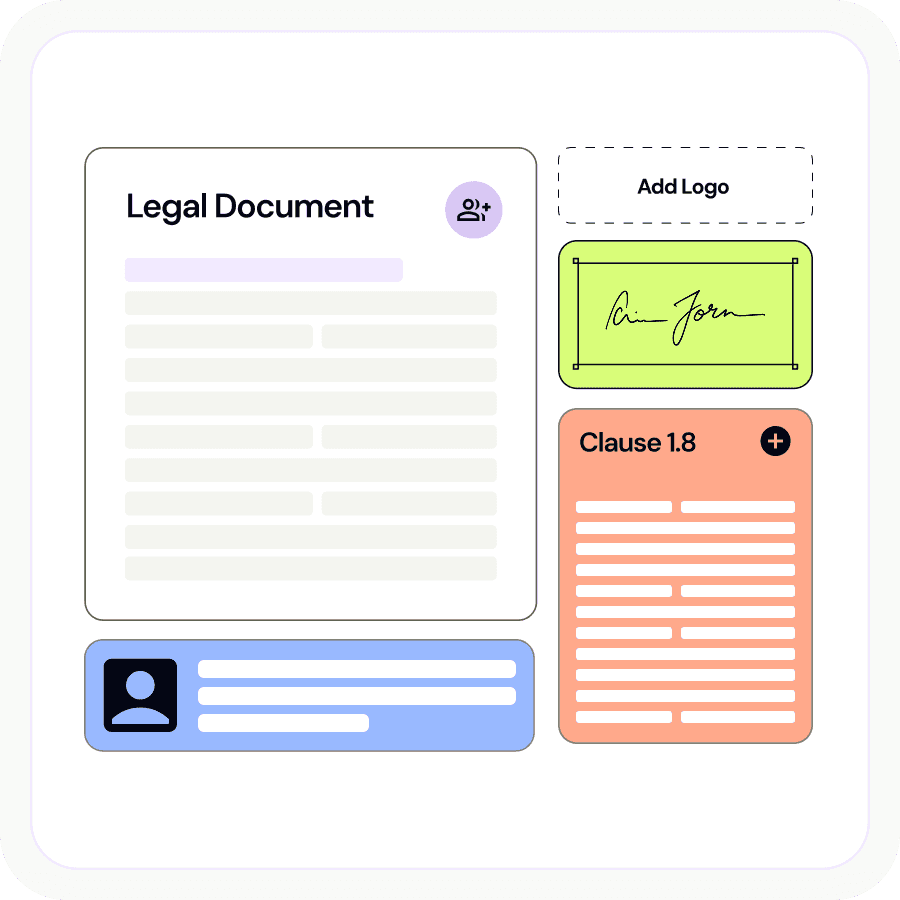Receiving a Cease and Desist Letter isn’t a pleasant experience. Along with uncertainty and confusion, the prospect of litigation can also be anxiety-inducing. However, when you respond to a Cease and Desist Letter it’s important to know that this can lead to litigation. A Cease and Desist Letter should be taken seriously, however you should also bear in mind that litigation isn’t inevitable at this point.
What is a Cease and Desist Letter?
A Cease and Desist letter is a letter which asks the receiver to stop doing an allegedly illegal action. This can apply to wide range of circumstances, such as if you’re infringing someone’s copyright. Usually, a cease a desist letter will inform you that further legal action will be taken if you don’t comply. Although these types of letters are often written by lawyers, this letter is not itself a legally binding document. It also doesn’t necessarily mean that you are getting sued – just that it is a possibility.
These demands are usually sent out by lawyers, and often threaten legal action if the violation does not stop. At times it can even seek compensation for violations that have already taken place. It is important to note that and in today’s world, these ‘letters’ are usually sent by email. However, they can also be sent by post. Whichever way the letter is sent to you, claiming that you didn’t receive it isn’t a valid excuse for failing to respond.
What to do if you receive one
1. Stay calm
It’s natural to feel anxious and angry when you receive a Cease and Desist Letter. However, it’s important to postpone your reaction until you’ve calmed down and fully processed what the letter is asking. If you’re feeling defensive, don’t launch an attack on the sender. In fact, if you do this in a public forum this could land you in further legal trouble. This is because anything you say which is untrue or negative about the sender could be grounds for a defamation lawsuit later.
2. Do your research
Read over the claim and try to figure out what the letter is actually saying. Find out where a misunderstanding may have occurred and find out what your legal rights are. Cease and Desist Letters usually involve the following;
- Infringement of copyright
- Infringing a registered trademark
- Breach of contract
- Alleged harassment
- Alleged defamation
Collect information to support your case. Gather comprehensive and dated evidence, and succinctly state the important facts. Remember to save everything. By this time, you’ll probably have a good idea of whether you have broken the law or a simple misunderstanding has occurred. In either event, seeking professional advice will help you to determine how you should respond.
3. Speak to a lawyer
In most circumstances, it is best to seek professional legal advice. Sometimes Cease and Desist Letters are used simply to ‘bully’ or ‘scare’ you into doing something. If this is the case, it can be reassuring to know that you haven’t done anything wrong. Lawyers can help to decipher the legal jargon and assist you in determining the correct response. Although retaining a lawyer can be expensive, you can minimise these costs by hiring your lawyer on a fixed-fee basis.
Ways you can respond to a Cease and Desist Letter
There are different responses you can take when responding to a Cease and Desist Letter. These all depend on whether you want to dispute the letter, comply with it or resist it. Here’s what you can do:
1. Ignore it
Although this is not recommended, it’s important to emphasise that you are not legally obligated to do anything about it. Ignoring the letter may lead to further problems in the future, even if you are sure that you haven’t broken the law. If you ignore the letter you may receive a follow-up letter, or you may even be served with an originating process.
2. Comply with it
This depends on the severity of the claims. Sometimes the easiest way to deal with it is to comply with what the letter is requesting. Even if you do not agree with the claims, if the requested action doesn’t really disrupt you or your business, then compliance may be the way to go. For example, if you’ve been using a business name which has been trademarked by someone else it will be easier to change your name. This is also because the sender of the letter would have strong grounds to sue you.
3. Mount a defence
If you believe you haven’t done anything wrong, it is within your rights to defend yourself. However if you want to do so, you should hire a lawyer to help you. With your lawyer, determine what your best options are and how likely your defence is to succeed. You could deny the accusations, or begin the negotiation process to settle the claims. If going to court is inevitable, you might want to file a lawsuit before they do which give you a level of control in the situation. For example, determining which Court your case will be heard in. If you run a business, you should consult with your co-founders or business partners first. If the letter relates to the activities of your business, it’s important that you and your business partners are on the same page.
4. Consider the future
Evaluate what you could have done differently, and the steps you can take to prevent this being a regular occurrence. Receiving a Cease and Desist Letter doesn’t necessarily mean that you’e done something wrong. However, this is the type of letter you don’t want to receive on a regular basis. Protect yourself by minimising the risks and ensuring that it doesn’t happen again in the future. If you ever find that the tables turn, there are online platforms where you customise and download a Cease and Desist letter for free.
Finally
When you receive a Cease and Desist Letter, it’s common to feel the need to respond and take care of it right away. Whilst this is the kind of matter that you shouldn’t put aside, taking the time to consider your options and how you’d like to resolve the issue is key.







